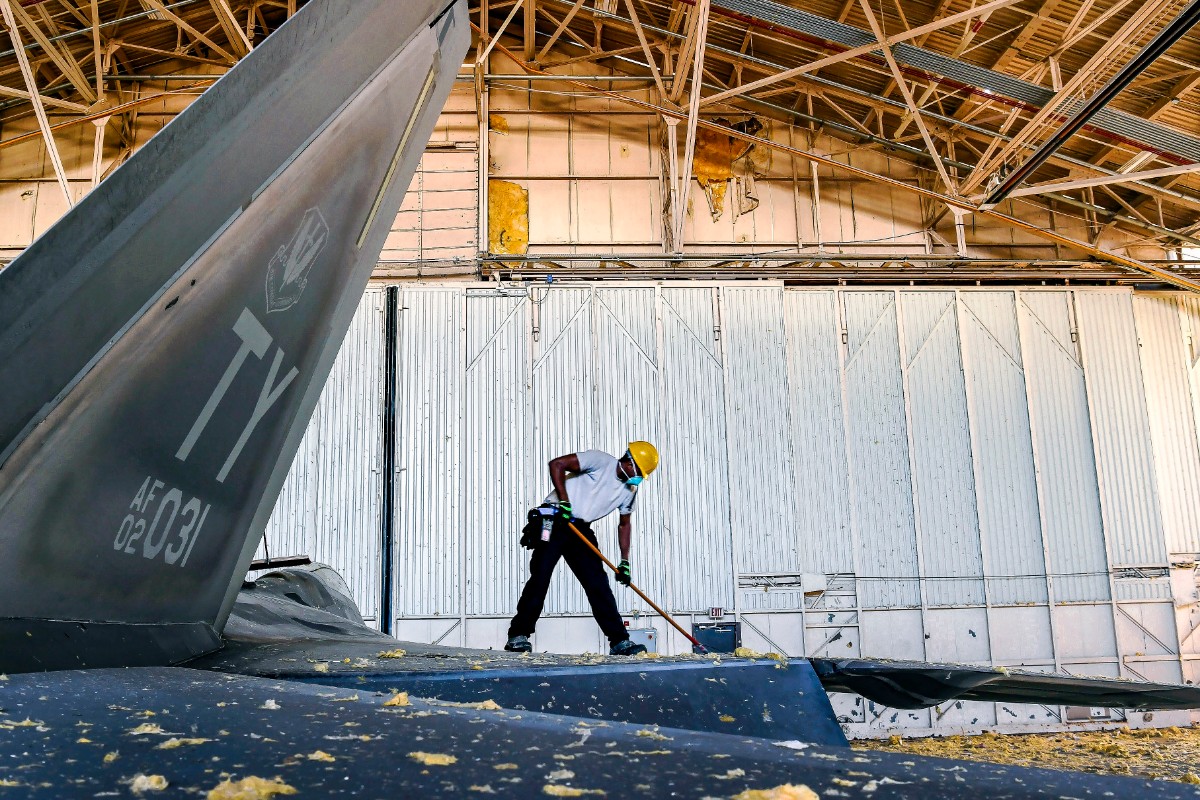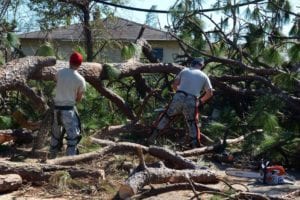 Photo Credit: US Department of Defense
Photo Credit: US Department of Defense
5G Technology: Implications for Climate Security
In recent months 5G technology has made headlines, particularly as the feud between the US and Chinese technology giant Huawei, accused of being influenced by the Chinese government, continues.
In February ASP hosted an event, National Security, Telecommunications and 5G – Using All Tools to Stop Cyber Espionage, where “foreign policy and cyber security experts gathered to discuss security concerns derived from the pending Sprint and T-Mobile merger and its relation to Huawei-produced equipment.”
However, cyber security isn’t the only national security focus that policymakers should be concerned with as 5G technology emerges. The rollout of 5G technology will also have a severe effect on climate security.
What’s the Problem?
The US government began auctioning off wireless radio frequencies to telecom companies to be used for the development of 5G technology. However, some of the frequencies being auctioned off lie close to the frequencies used by earth observing satellites. Some scientists are concerned problems will arise with data collection due to interference from the 5G frequencies.
Earth observing satellites that fly over the parts of the US with 5G coverage might not be able to accurately detect concentrations of water vapor in the atmosphere. Meteorologists use data collected from weather satellites to formulate their weather models. Without that data weather forecasting will suffer.
Why is this an Issue?
Weather forecasting suffering is an issue because it can affect how we prepare for extreme weather events.
For example, Marshall Shepherd, Director of the University of Georgia’s Atmospheric Sciences Program, said “If 5G were in place during Hurricane Sandy, and we had the interference that many of us expect, we might not have seen nine days out that the storm was going to make a left. We might have only known three days out that the storm was going to make a hard left into New York and New Jersey.”
Neil Jacobs, the acting chief of NOAA, echoed concerns of 5G impacting severe weather prediction and preparation. Jacobs said the interference from 5G technology could set weather forecasts back about 30%, equivalent to levels in the 1980s, which could give those that live on the coast two-three days less to prepare for a hurricane and cause issues with predicting a hurricanes final path towards land.
What does this mean for security?
One of the most severe effects of climate change is the increase in extreme weather events. According to the National Climate Assessment (NCA), the intensity, frequency, and duration of North Atlantic hurricanes, as well as the frequency of the strongest hurricanes, have all increased since the early 1980s. The NCA also warns that hurricane intensity and rainfall are projected to increase as the climate continues to warm.
Extreme weather events like hurricanes don’t pick and choose where they land and what they damage – anything in their path is vulnerable. Including military installations.

Florida Air National Guard members work together to clear fallen trees from neighborhoods in the aftermath of Hurricane Michael. (U.S. Air National Guard photo by Staff Sgt. Carlynne DeVine)
Hurricane Michael touched down in the US in October 2018 and caused extensive damage to vital national security assets at Tyndall Air Force Base. By the time the storm passed almost $5 billion in damage had been done to Tyndall.
Hurricane Florence hit the US in September 2018 and had a significant impact on national security in North Carolina. Florence caused roughly $3.6 billion in damages to Camp Lejeune by damaging more than 30 buildings and 70 percent of the homes on base.
National security is adversely affected by extreme weather because of its impact on force readiness. When military installations are damaged training exercises are unable to be conducted and buildings and/or equipment must be rebuilt or repaired. Force readiness can also be hurt even if extreme weather events occur overseas as US military forces have been used to help respond when natural disasters strike.
The US Department of Defense (DoD) owns more than 568,000 total facilities, valued at more than $1 trillion, across almost 4,800 sites worldwide. With a number of vulnerable installations worldwide, extreme weather events could affect DoD operations in a number of different areas and ways.
The effects of 5G on weather forecasting don’t necessarily mean the end of the world. Meteorologists will still be able to tack hurricanes and get an idea of their trajectory and final landing destination. However, as intensity of storms increase, the more time to we have to prepare for them the better.





